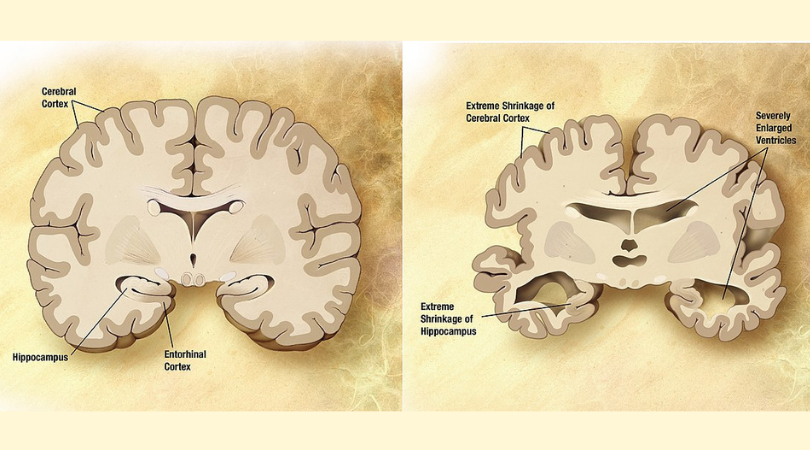New Delhi: In order to study how Alzheimer’s disease takes root in the brain, three research institutions in Seattle have joined forces to study.
In order to study tissue from brains donated by people who died with Alzheimer’s, they will jointly create a new research center at the Allen Institute for Brain Science.
UW Medicine and the Kaiser Permanente Washington Health Research Group are also part of the effort, which will be funded by a five-year $40.5 million grant from the National Institute on Aging, a part of the National Institutes of Health.
The project, with its emphasis on basic research, represents part of a global do-over for the Alzheimer’s field, which has weathered a series of failed attempts to develop a drug that could slow or stop the disease.
“The premise of this project here is that we need to take a step back,” says Ed Lein, a senior scientist at the Allen Institute and the center’s lead investigator.
That’s a marked change from a decade ago, when there was great excitement about experimental drugs that could scrub away the sticky brain plaques thought to cause Alzheimer’s.
Studies have shown that the drugs do their job, removing a toxic protein called amyloid-beta from the brain. But they don’t help patients avoid memory loss or cognitive problems.
This image shows the buildup of toxic tau proteins in the medial temporal gyrus of a human brain. Though some drugs can now remove these proteins, that hasn’t seemed to ease Alzheimer’s symptoms. It’s time to look more deeply into how the cells work, scientists say.
As a result, pharmaceutical companies have been forced to abandon many clinical trials and have lost billions along the way.
That experience has a lesson, Lein says.
Researchers have mistakenly been “trying to go right to the cure without really understanding the brain and what actually goes wrong that leads to dementias.”

